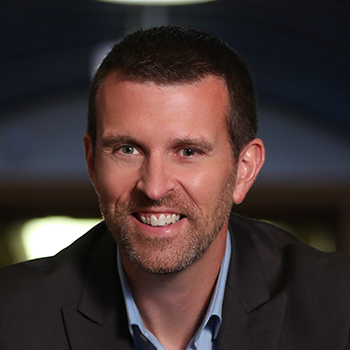The role of HR leaders has never been more important, as organizations struggle to keep up with near-daily changes to the world of work ushered in by the coronavirus pandemic and other global challenges. With such a tall order for HR leaders, it’s beneficial to look to industry experts for their experience and guidance. Earlier this year, HRE and the HR Tech Conference unveiled the second edition of the Top 100 HR Tech Influencers, comprised of HR, business and technology leaders whose insights are needed now more than ever.
Related: Q&A with HR Tech Influencer Dave Ulrich
HRE: What HR tech trend that was gaining steam before COVID-19 has been most disrupted? Why and what’s replacing it, if anything?

Lauritsen: The past year or so had seen a lot of investment in performance management tools. It appears to me that the sudden arrival of wide-scale remote working this year has revealed more clearly that many of these tools are no more effective at driving employee performance than the antiquated paper-based processes (i.e. appraisals) from which they were derived. It’s time we abandon the myth of performance management. While I’m not sure any single technology will fill this gap, what is needed are tools to enable performance through better online collaboration and communication.
Related: Pay and performance management in the age of COVID-19
HRE: How do you think the remote work switch will affect employee expectations for workplace technology?
Lauritsen: The reality is that the physical workplace experience is being replaced by an online work experience, so it’s inevitable that employee expectations of technology will rise. No longer is wonky tech just an annoyance. It may be the obstacle that prevents an employee from meeting his or her goals or doing quality work. When technology is the lens through which you experience and do your work for most of the day, the quality of that experience is amplified dramatically.
Related: How HR tech tools integrate work, life
HRE: How will tech differentiate the companies that thrive after the pandemic from those that do not?
Lauritsen: The organizations whose employees thrive and find new ways to do great work in this newly distributed working world will have done it through the smart application of technology. Organizations that thrive will be those that rethink the flow of work and then apply technology to make that process work as easily and seamlessly as possible for employees.



